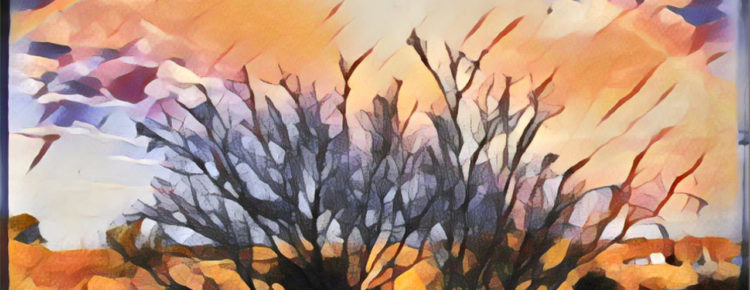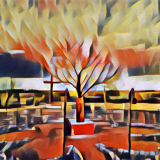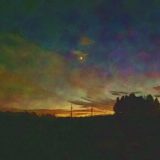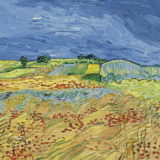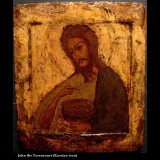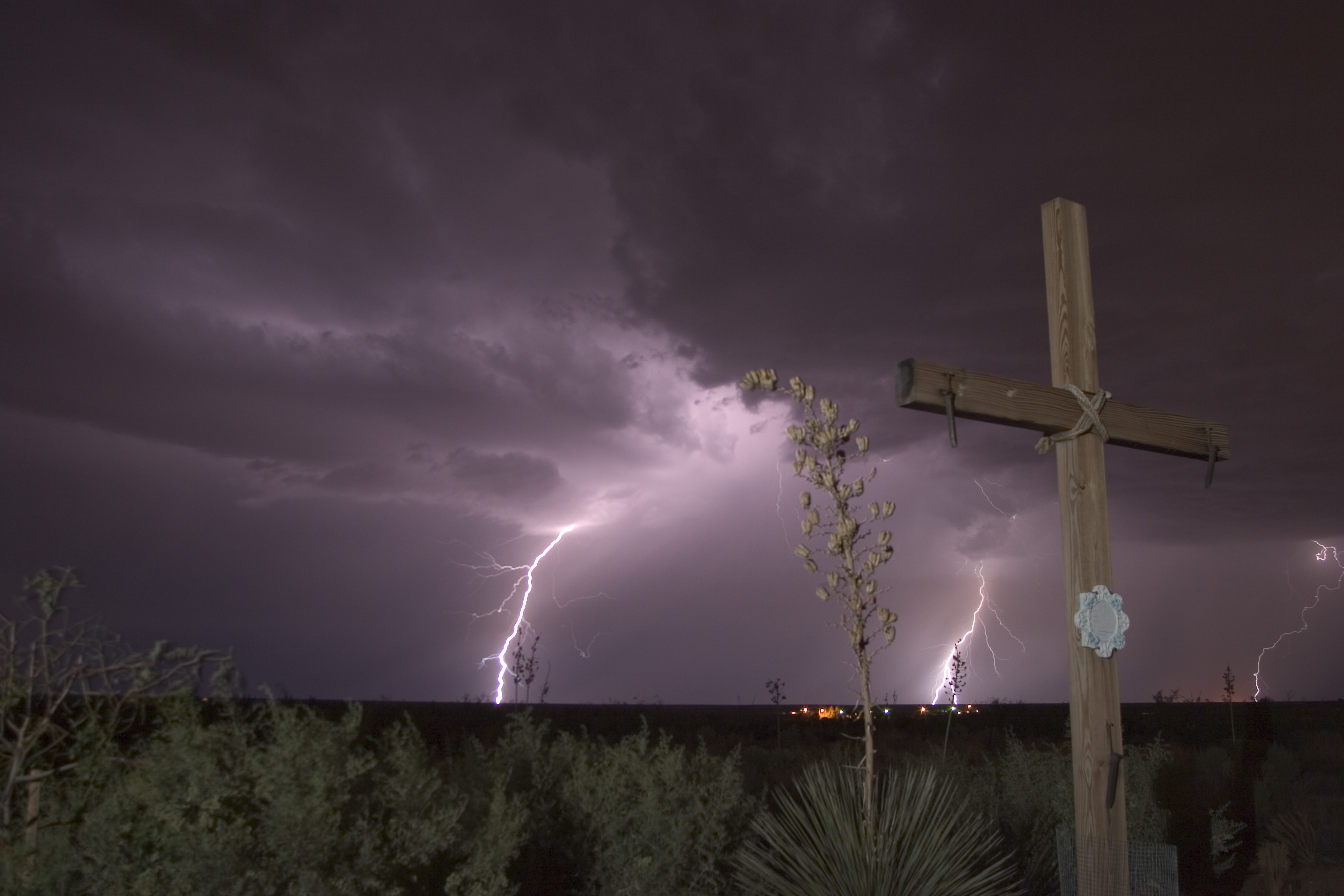Gospel Reading: Luke 21:25–36 25
[Jesus said]: “There will be signs in the sun, the moon, and the stars, and on the earth distress among nations confused by the roaring of the sea and the waves. 26People will faint from fear and foreboding of what is coming upon the world, for the powers of the heavens will be shaken. 27Then they will see ‘the Son of Man coming in a cloud’ with power and great glory. 28Now when these things begin to take place, stand up and raise your heads, because your redemption is drawing near.” 29Then he told them a parable: “Look at the fig tree and all the trees; 30as soon as they sprout leaves you can see for yourselves and know that summer is already near. 31So also, when you see these things taking place, you know that the kingdom of God is near. 32Truly I tell you, this generation will not pass away until all things have taken place. 33Heaven and earth will pass away, but my words will not pass away. 34“Be on guard so that your hearts are not weighed down with dissipation and drunkenness and the worries of this life, and that day does not catch you unexpectedly, 35like a trap. For it will come upon all who live on the face of the whole earth. 36Be alert at all times, praying that you may have the strength to escape all these things that will take place, and to stand before the Son of Man.”
Reflection:
Our Very Own Personal Apocalypses
by David Morrison
My amateur religious scholarship over the decades has been a meandering road scattered with debris fields of a lot of “ins, a lot of outs, and a lot of what-have-yous,” as Jeffery Lebowski would say. And yet, the themes of eschatology never made any meaningful forays into my imagination. Maybe I’m jaded from the tiredness of the trope found in almost every super hero movie? Or the shrill preaching of the TV charlatans with their timelines? I don’t know. In any case, it seems clear that the first generation of Christians expected to see the return of Christ as judge and the end of the world. Jesus never fulfilled that expectation for them. The end of the world never came either—but their personal world did end with the destruction of their city and temple at the vicious hand of the Roman empire. Later Christians have had to reinterpret and reimagine the Second Coming through the centuries. I’m not interested in such things because I’ve faced not the speculation, but the imminence of my own approaching death. The end of my own personal world is a guarantee that needs no fancy prognostication or advanced, complicated preparation.
In late 2019, my eyesight suddenly went double. The optometrist said: “That’s not normal,” and sent me to my regular doctor who said: “Hmm. You may need a brain scan. And by the way, your colon screening came back positive for cancer.” Then the Pandemic hit and the world was on edge in March, 2020. My dad had to be hospitalized, triggering a manic state in our daughter who suffers from bi-polar disorder. Who needs to worry about the end of the whole universe when your own personal apocalypse is taking place right now in their own life? The fun continued in June when I had to be hospitalized for severe pain in my hip. Later that day, the ER doctor said: “Your kidneys are failing.” The next day, a specialist told me: “You’re going septic.” The following day, I had a heart attack. Then came all the tests to which a heart surgeon said: “Your 4 main heart arteries are one hundred percent blocked.” I said: “One hundred? Why not 90 or 85.3 percent?” The next day I underwent triple bypass surgery. All during the early months of COVID. My own personal apocalypse…But life went on and some things resolved while others didn’t.
What do we do when “fear and foreboding” seem to be hunting us down and it feels personal? How do we respond when the “distress of the roaring sea” is coming down upon us and the “falcon cannot hear the falconer?” I think these personal apocalypses are the true opportunities for an authentic encounter with divine love. It’s here in our bewilderment that the true spirit of waiting moves through us and we come to know what Advent is all about. When we’re faced with circumstances that are realistically emptied of any functional optimism, all that seems to remain is to collapse into the inward pool of divine love. Thomas Keating, at the end of his life wrote about this collapsing in a poem entitled “The Secret Embrace.” In it, he implies that the experience of the divine at one’s death is both presence and absence: It is a “secret embrace” to be enjoyed but at the same time it “can never be revealed.” The plunging into divine love is both intimate and remote. It’s in this fading in and out of presence and absence that real transformation can take place. It’s in this state of flux that we can find that our depression is transformed into a sorrow that is strangely nurturing. Our traumas become gateways to empathy for others; and our isolation can be converted into the gift of solitude which ultimately flows into community. In the wave of our personal apocalypses, which become many over a lifetime, we learn to sit in the peace that trees teach us—to just be. Robert Bly wrote: “It is not our job to remain whole. We came to lose our leaves like the trees, and be born again, drawing up from the great roots.”

Prayer:
Leaning into the Spirit of Advent
(David Morrison)
Lord, be the grace that makes our souls full.
Make us ready for anything:
Not by our preparedness
Not by our achievement,
Birth your Son in us anew-
The Beauty of Your Incarnation
Because You Are
Because We Are
Amen.

Rainbow over Mesquite (Filtered photo, David Morrison, 2021)

